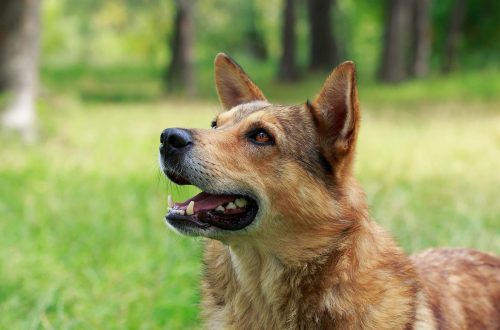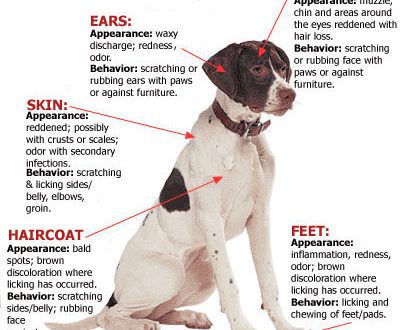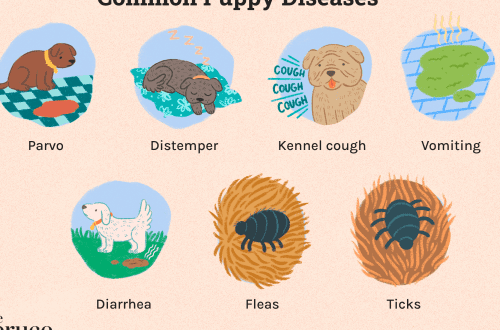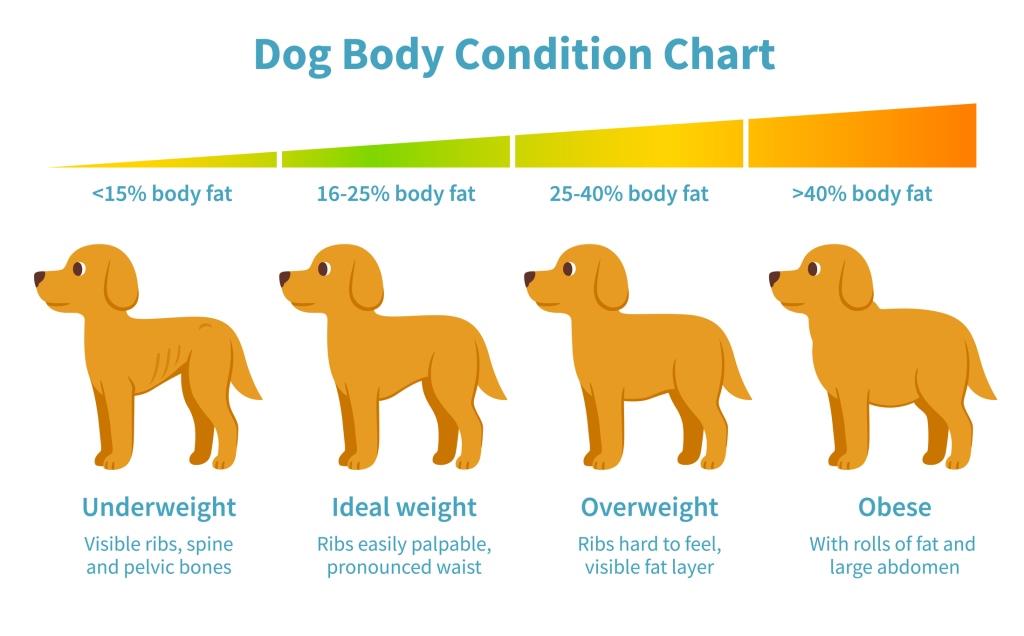
The dog is losing weight, what to do?
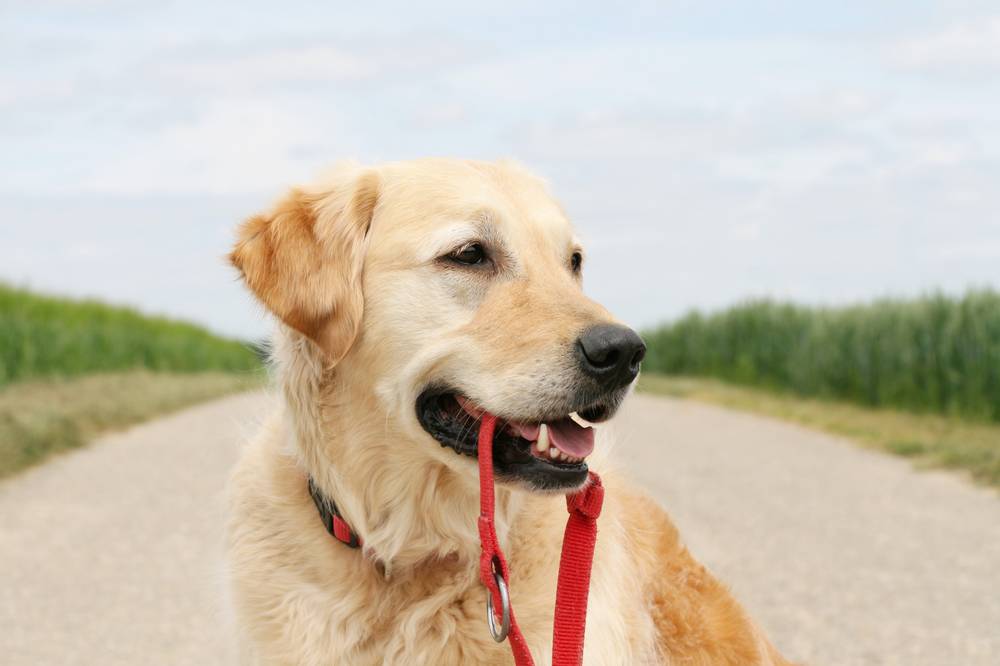
However, obese pets participating in a weight loss program should not lose more than 1-2% of their body weight per week. If the dog has concomitant diseases, then weight loss should not exceed 0,5% of the total weight per week, more intense weight loss is harmful to the dog’s body.
The first thing that comes to mind when a dog begins to lose weight is an insufficient amount of food and / or a low nutritional quality of the diet. Indeed, this may well be, but this is only one of the possible reasons, and not even the most common. In most cases, weight loss is much more complicated.
Consider the possible causes of weight loss in dogs:
Inadequate diet and/or insufficient feeding.As a rule, dogs that are fed incorrectly have a good or even increased appetite, but at the same time, the dog may not gain weight or even lose weight. It is worth evaluating the composition and quality of the diet, compliance with the age group and size of the dog, as well as the level of physical activity. For example, kennel dogs require more food than apartment dogs, other things being equal.
When feeding a dog a homemade diet, you should discuss its composition with a veterinarian and assess the suitability of the dog’s needs, since it is quite difficult to prepare a balanced diet at home, even if you do not skimp on meat products. If there are several pets in the house, then the possibility of competition between dogs over food is not excluded, especially if the pets have unlimited access to bowls of food;
Diseases of the teeth, tartar.In this situation, the pet may experience pain and because of this, periodically or constantly refuse food, while the dog’s appetite remains within the normal range;
Partial or complete loss of vision. This disease is not always detected immediately, the dog’s behavior changes gradually. In addition, dogs adapt to this condition, and the owner may simply not notice that the dog has become less able to see. At the same time, dogs may have some difficulty moving around the house and finding food;
Diseases of the muscles (myositis) responsible for the functioning of the jaw joint. It leads to difficulty opening the mouth and chewing food, or even to the inability to eat food on its own. Myositis is common in young dogs;
Any inflammatory and infectious diseases, metabolic disorders, cancer and poisoning. All this can cause a decrease or loss of appetite and, as a result, weight loss;
Congenital or acquired diseases of the esophagus, viral infections, helminth infections, intestinal diseases may present with vomiting and diarrhea and may be accompanied by impaired absorption of nutrients;
With endocrine diseases weight loss may also occur. Most often this is observed with hyperfunction of the thyroid gland and adrenal glands;
In chronic renal failure and diabetes mellitus weight loss is due to the loss of nutrients (protein and glucose) in the urine;
Dogs with chronic skin diseases, with extensive skin lesions (generalized demodicosis, pyoderma) may lose weight due to increased nutrient requirements;
Chronic heart failure often accompanied by weight loss.
Attention
In dogs with a rich coat, which include, for example, Collies, Shelties, Chow Chows, Spitz, Caucasian Shepherds, weight loss is more difficult to notice than in smooth-haired breeds. Therefore, all owners of such “fluffies” should pay attention not only to the external contours of the dog’s body, but also to feel the pet, and also weigh it regularly.
In cases of any unplanned weight loss of a dog, it is worth contacting a veterinary clinic for an examination and examination, taking into account all possible causes of weight loss.
Timely diagnosis and treatment will help either to cope with the problem, or significantly extend the life of the dog.
Photo:
The article is not a call to action!
For a more detailed study of the problem, we recommend contacting a specialist.
Ask the vet



